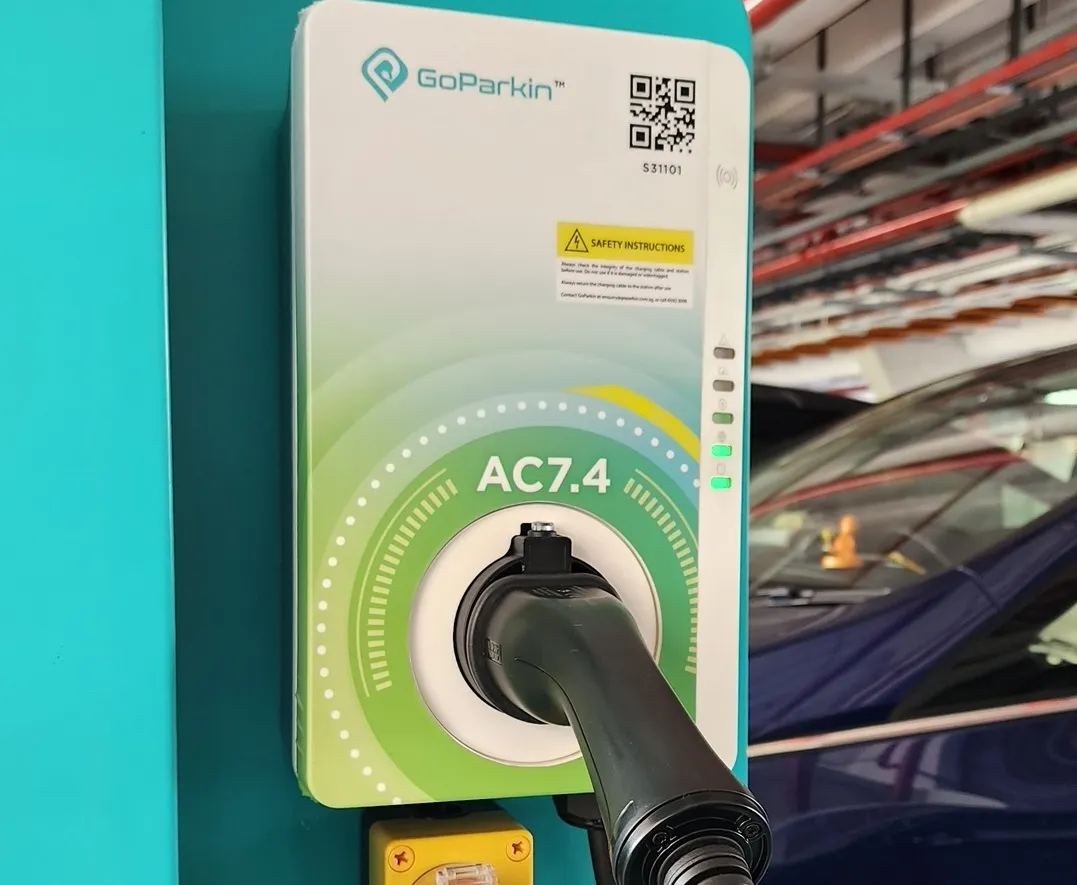According to Frost and Sullivan, eight out of eleven major global original equipment manufacturers (OEMs) are focusing on the global mobility market, investing in a range of key solutions including products like electric vehicles (EVs), micro-mobility, and services like car-sharing and leasing. New mobility strategies of key global OEMs are gathering pace and the future of mobility is already here. The report, Competitive Benchmarking and Comparative Analysis of the Mobility Strategies of Key Global OEMs, o
May 9, 2013
Read time: 3 mins
According to Frost & Sullivan, eight out of eleven major global original equipment manufacturers (OEMs) are focusing on the global mobility market, investing in a range of key solutions including products like electric vehicles (EVs), micro-mobility, and services like car-sharing and leasing. New mobility strategies of key global OEMs are gathering pace and the future of mobility is already here.
The report, Competitive Benchmarking and Comparative Analysis of the Mobility Strategies of Key Global OEMs, offers an in-depth examination of micro-mobility, microcars, cars-haring, integrated mobility and mobile applications to understand how mobility strategies and initiatives of top global OEMs are revolutionising the automotive industry.
“Key mainstream OEMs in the micro-mobility market have announced more than 111 models, of which nearly 50 per cent are expected to be production-ready by 2015–2016,” notes Frost and Sullivan automotive and transportation senior research analyst Shwetha Surender. “All key global OEMs are aggressive on the two-wheel micro-mobility market.”
Five key passenger car OEMs are expected to invest approximately $40 million each to develop micro-mobility solutions. The market is expected to grow at an annual growth rate of 55 per cent by 2018.
In the microcar arena, nine key global OEMs are expected to launch twenty models in the market by 2020. Europe and China will be the key launch markets.
There has been a trend towards extending lease terms and postponing new purchases. Fleet renewals have also declined. To expand revenue streams and tap into a new customer base, the leasing arms of OEMs are diversifying to provide other mobility solutions like corporate car-sharing, multi-modality, and mobility integration.
Car-sharing is emerging as a key mobility solution in Europe. The concept is also gaining attention in three main markets of Asia-Pacific: Japan, Singapore and Australia.
“Five out of the eleven key global OEMs currently offer car-sharing services or have started car-sharing pilot programmes,” stated Surender. “By 2020, the European market for car-sharing is expected to reach US$9 billion, with a subscriber base of 15 million in the EU and nearly 200,000 shared vehicles.”
While most global OEMs are likely to enter the integrated mobility space by this time, it is unlikely that they will provide the entire service portfolio.
Meanwhile, OEMs are expected to continue to develop their strengths, which include more efficient means of transportation and innovative business models. In conjunction with other mobility providers and by linking with public and private transport providers, they are expected to expand their footprints in this space.
The report, Competitive Benchmarking and Comparative Analysis of the Mobility Strategies of Key Global OEMs, offers an in-depth examination of micro-mobility, microcars, cars-haring, integrated mobility and mobile applications to understand how mobility strategies and initiatives of top global OEMs are revolutionising the automotive industry.
“Key mainstream OEMs in the micro-mobility market have announced more than 111 models, of which nearly 50 per cent are expected to be production-ready by 2015–2016,” notes Frost and Sullivan automotive and transportation senior research analyst Shwetha Surender. “All key global OEMs are aggressive on the two-wheel micro-mobility market.”
Five key passenger car OEMs are expected to invest approximately $40 million each to develop micro-mobility solutions. The market is expected to grow at an annual growth rate of 55 per cent by 2018.
In the microcar arena, nine key global OEMs are expected to launch twenty models in the market by 2020. Europe and China will be the key launch markets.
There has been a trend towards extending lease terms and postponing new purchases. Fleet renewals have also declined. To expand revenue streams and tap into a new customer base, the leasing arms of OEMs are diversifying to provide other mobility solutions like corporate car-sharing, multi-modality, and mobility integration.
Car-sharing is emerging as a key mobility solution in Europe. The concept is also gaining attention in three main markets of Asia-Pacific: Japan, Singapore and Australia.
“Five out of the eleven key global OEMs currently offer car-sharing services or have started car-sharing pilot programmes,” stated Surender. “By 2020, the European market for car-sharing is expected to reach US$9 billion, with a subscriber base of 15 million in the EU and nearly 200,000 shared vehicles.”
While most global OEMs are likely to enter the integrated mobility space by this time, it is unlikely that they will provide the entire service portfolio.
Meanwhile, OEMs are expected to continue to develop their strengths, which include more efficient means of transportation and innovative business models. In conjunction with other mobility providers and by linking with public and private transport providers, they are expected to expand their footprints in this space.








